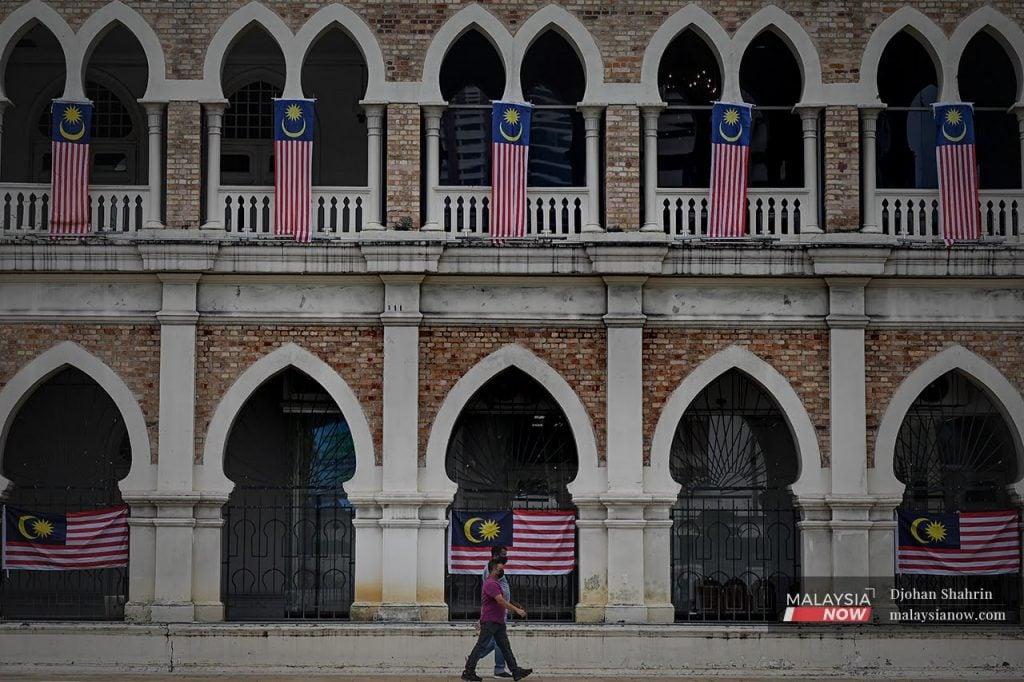More prestige but business might suffer, economist says on elevating Malay at global level
Yeah Kim Leng says investor confidence might take a hit although there are ways to mitigate any effect arising from a change in policy.
Just In
While boosting the use of Bahasa Melayu at the international level will help enhance Malaysia’s image and standing in the world arena, an analyst says it could also indirectly affect the country’s economic growth.
For the past decade, economist Yeah Kim Leng said, Malaysia had been known for its use of English in business dealings and diplomatic relations with other countries.
Now, he added, English had become a second language in the country.
Yeah said trade and investment opportunities would be affected if foreign investors began moving away from Malaysia due to language barriers.
“Given that English is the lingua franca for trade and industry and makes it easier for Malaysia to do business and create an attractive investment environment, the misconceptions that might arise due to a change in policy might not be widespread.
“Nonetheless, it will affect investor confidence if the policy is implemented across the board, including in the private sector,” Yeah, of Sunway University, told MalaysiaNow.
He added that it might help mitigate the impact on the economy if translation services were provided.
He said the low take-up of English by local entrepreneurs could also make it difficult for them to enter the international market.
“Conferences and meetings at the global level involving political leaders and government officials who are allowed to use their mother tongues are often accompanied by the services of interpreters,” he said.
“As long as such services are provided, the choice of language will not affect the ability to efficiently communicate.”
Last month, Prime Minister Ismail Sabri Yaakob said in a question-and-answer session at the Dewan Negara that he would hold discussions with Asean leaders to propose the use of Bahasa Melayu as a second language in the region.
“We don’t need to feel embarrassed or awkward about using Bahasa Melayu at the international level,” he had said.
“This effort to uphold the Malay language is also in line with one of the priorities of the Malaysian foreign policy framework launched by the government on Dec 7, 2021, namely cultural diplomacy which includes the element of internationalising the Malay language on the world stage.”
Indonesian President Joko Widodo, at a recent joint press conference, had voiced agreement with the proposal.
However, Indonesia’s minister of education, culture, research, and technology Nadiem Makarim opposed the suggestion, saying the republic’s own language was a better choice as it had a larger population and its language was more widely used than Malay.
However Dewan Bahasa dan Pustaka, considered the authority on the national language, maintained that Malaysia’s image and dignity would be enhanced if Bahasa Melayu is recognised at the international level.
Board chairman Awang Sariyan said the move would place Malaysia alongside 70% of countries in the world that are using their national language at international forums.
“Malaysia’s works of knowledge and literature could also be furthered on the international level through translation,” he said.
“This would elevate Malaysia’s civilisation to the world stage and provide economic value to the Malay language.”
Subscribe to our newsletter
To be updated with all the latest news and analyses daily.
